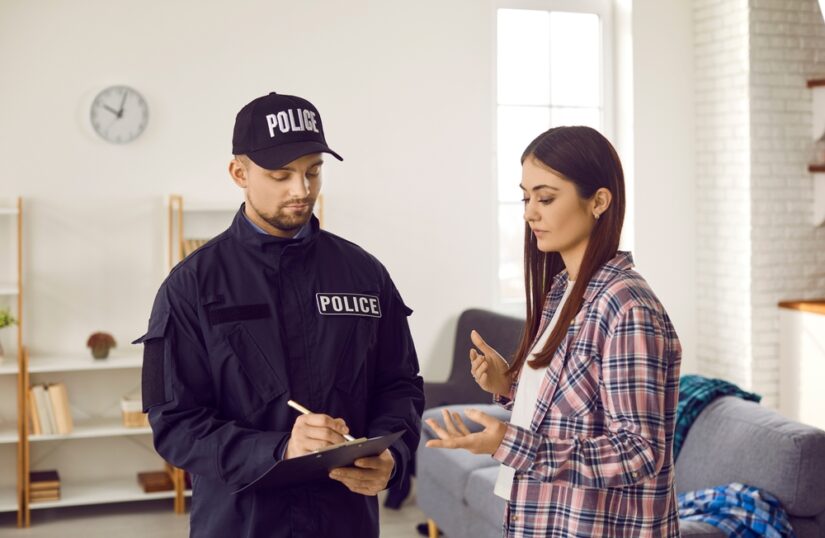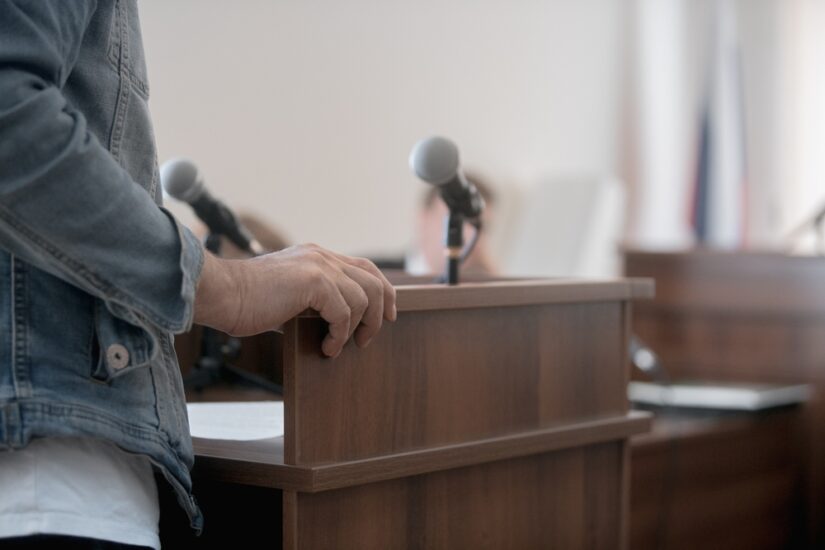
December 16, 2024
In Texas’s criminal justice system, witnesses play a major role in shaping the outcomes of defense cases. Their testimonies can corroborate alibis, challenge prosecution evidence, and provide alternative narratives that may exonerate the accused.
This article goes in depth into the multifaceted role of witnesses in Texas criminal defense, exploring legal frameworks, types of witnesses, challenges faced, and strategies for effective witness management.
Legal Framework Governing Witnesses in Texas
The Texas Code of Criminal Procedure governs the use of witnesses in criminal cases. Key provisions include:
- Subpoena and Attachment: These are legal tools to ensure witnesses appear in court. If a witness refuses, the court can compel their attendance using an attachment order. (Texas Code of Criminal Procedure, Chapter 24).
- Depositions and Discovery: Guidelines for taking depositions of witnesses, especially when they cannot attend court. (Texas Code of Criminal Procedure, Chapter 39).
- Evidence in Criminal Actions: Covers admissibility conditions for witness testimony in criminal cases. (Texas Code of Criminal Procedure, Chapter 38).
These laws ensure both prosecution and defense can fairly access witness testimony, maintaining justice in court proceedings.

Who Can Testify? The Key Types of Witnesses in Criminal Defense
Witnesses in criminal defense cases fall into several categories:
- Eyewitnesses: Individuals who directly observe the events in question. However, research shows that eyewitness testimony is not always reliable due to memory decay and environmental factors. Studies from the American Academy of Arts and Sciences highlight that inaccurate eyewitness identification is a leading cause of wrongful convictions (source).
- Character Witnesses: Provide insights into the defendant’s moral character or behavior, potentially countering a negative portrayal by the prosecution.
- Expert Witnesses: Specialists offering technical or scientific analysis. For example, forensic experts may challenge evidence like DNA or ballistics.
- Alibi Witnesses: Individuals who can confirm the defendant’s presence elsewhere at the time of the alleged crime.
- Hostile Witnesses: Witnesses who provide testimony that is adverse to the party that called them but are still compelled to testify.
- Rebuttal Witnesses: Individuals called to refute specific claims made by the opposing party’s witnesses.
Prosecution vs. Defense Witnesses: What’s the Difference?
Prosecution witnesses aim to establish guilt, often including law enforcement officers and crime scene experts. Defense witnesses, on the other hand, focus on raising doubts, corroborating the defendant’s account, and challenging the prosecution’s evidence.
Can Witnesses Face Criminal Charges?
Witnesses may face criminal charges such as perjury, obstruction of justice, or contempt of court if they provide false testimony or refuse to comply with legal requirements like subpoenas. Defense attorneys must consider this risk when evaluating a witness’s credibility and willingness to testify.
Overcoming Challenges in Witness Testimonies
Defense attorneys face several hurdles when working with witnesses:
Dealing with Witness Intimidation
Witnesses may hesitate to testify due to threats or coercion.
Addressing Credibility Concerns
Past criminal records, inconsistencies, or personal biases can undermine a witness’s reliability.

Overcoming Memory Reliability Issues
Memory distortions over time can impact testimony accuracy. A study from the National Registry of Exonerations noted that mistaken eyewitness identification contributed to 29% of wrongful convictions overturned by DNA evidence (source).
Discovery-Related Issues
Delays or incomplete disclosures during discovery can hinder the defense’s ability to adequately prepare witnesses.
Strategies for Effective Witness Management
Defense attorneys employ several strategies to optimize witness effectiveness:
- Thorough Preparation: Conduct detailed pretrial interviews to build confidence in witnesses and clarify their narratives.
- Corroboration: Use supporting evidence to validate witness statements and bolster credibility.
- Addressing Credibility Concerns: Prepare witnesses to handle tough cross-examinations by addressing any potential weaknesses in advance.
- Legal Protections: File motions to shield witnesses from harassment or intimidation under the Texas Code of Criminal Procedure.
- Leveraging Discovery: Effective use of the discovery process can uncover additional witnesses or evidence, enhancing the defense’s position.
Real-Life Cases: Witness Testimonies and Their Impact
Witness testimonies can shape the outcome of criminal defense cases, as these real-life examples illustrate:
Melissa Lucio Case
In 2022, new witness accounts and previously suppressed evidence prompted a recommendation to overturn Lucio’s conviction for her daughter’s death. These testimonies exposed inconsistencies in the prosecution’s case, showcasing the power of overlooked evidence.
Steve Szarewicz Case
After four decades in prison, Szarewicz’s conviction was challenged when jailhouse informants recanted their incentivized testimonies, highlighting the risks of unreliable witness motives.
These cases reveal how strategic witness management—through uncovering overlooked evidence or addressing credibility concerns—can be critical to ensuring justice in criminal defense.
In Summary
Witnesses can significantly impact the outcome of your case. Ensure you have a skilled attorney to navigate these complexities. Contact The Napier Law Firm at (713) 470-4097 to discuss your defense strategy today.